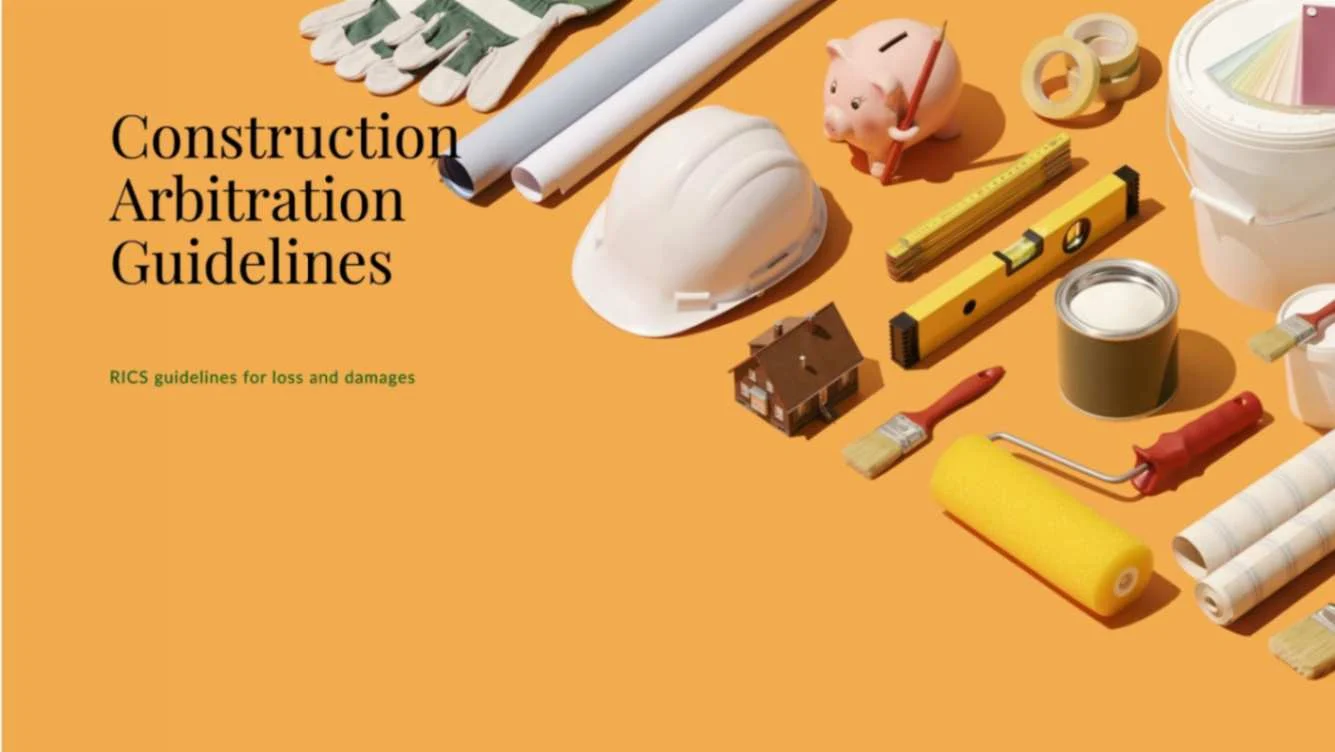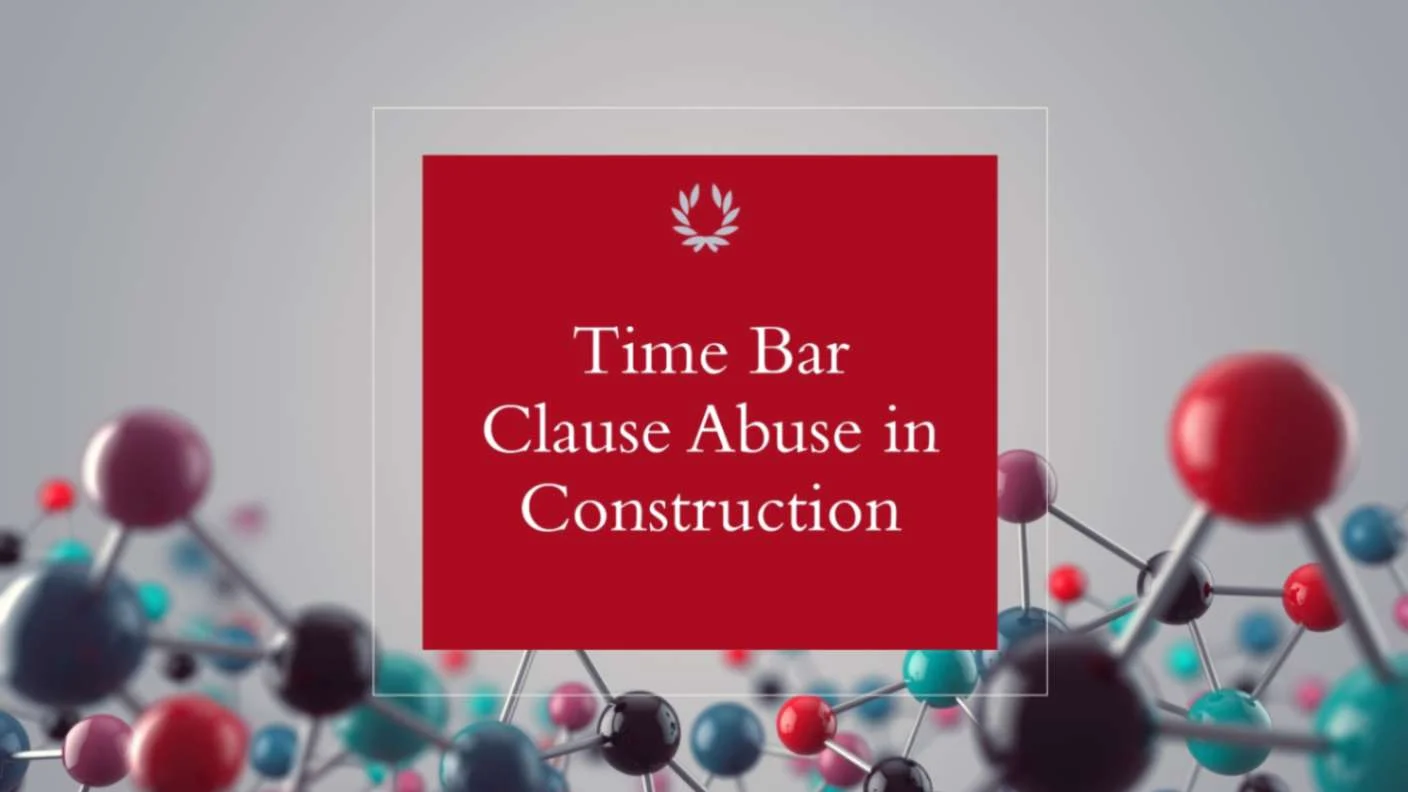Costs records in Construction Arbitration
Costs records demonstrate the costs incurred in carrying out the works and assist in substantiating amounts claimed in delay and disruption claims. These records should be kept in the normal course of business and should be project specific.
An accounting and cost allocation system for the works should be established from the outset to split costs into the following headings as a minimum:
👉 management
👉 labour
👉 plant
👉 materials
👉 sub-contractors and
👉 non-staff overheads.
Costs records include:
👉 internal cost reports
👉 cost value reconciliation reports (or similar)
👉 payroll records
👉 time sheets
👉 labour agreements
👉 monthly payment applications
👉 regarding sub-contractors:
(i) sub-contract agreements
(ii) sub-contractor correspondence
(iii) claims made by sub-contractors and responses
(iv) sub-contractor applications for payment and
(v) details of all payments made to sub-contractors.
👉 regarding suppliers
(i) supply agreements
(ii) supplier correspondence
(iii) claims made by suppliers and responses
(iv) supplier invoices; and
(v) details of all payments made to suppliers.
👉 regarding the Contractor specifically, this includes the following head office records:
(i) financial statements documenting annual head office general and
administrative costs and revenue;
(ii) business plans for generating profit;
(iii) records regarding tendering history;
(iv) records regarding tendering opportunities; and
(v) internal meeting minutes to review future tendering opportunities and staff availability.
👉Any audited accounts should be retained.
👉Copies of all invoices should be kept in an easily retrievable filing system preferably with electronic copies











